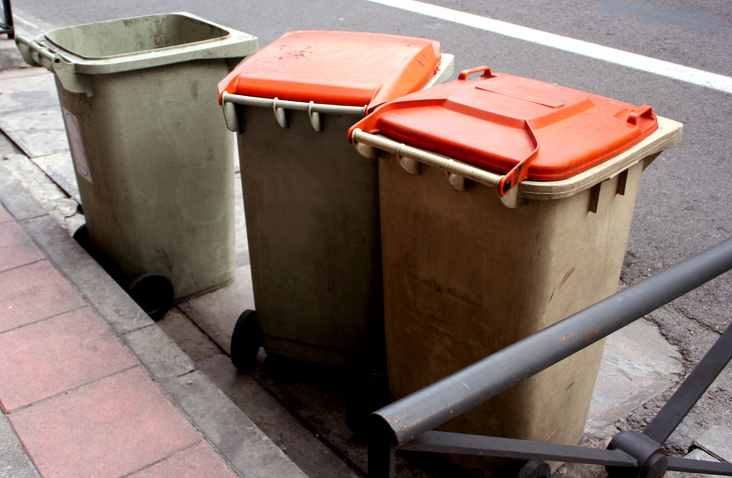Introduction
Food waste disposers have become an essential kitchen appliance, helping manage food waste and clean our sinks. While they are built to handle food scraps, garbage disposals in Tampa, FL, are not invincible and require proper care to remain functional. Neglecting maintenance or sending the wrong items down the drain can reduce the unit’s lifespan and compromise the connected plumbing system. By understanding what causes blockages and how to avoid common mistakes, you can keep your disposal working efficiently while avoiding unnecessary expenses.
Run the Disposal Regularly to Prevent Rust and Buildup
1. Know What Should and Shouldn’t Go Down the Disposal
The first step to preventing clogs is understanding which items are safe for your disposal. Avoid disposing of fibrous vegetables like celery, banana peels, corn husks, and onion skins, as they can wrap around the blades. Grease, fats, and oils should never be poured down the drain because they solidify and cause clogs in both the disposal and pipes. Eggshells, coffee grounds, and large bones are also harmful and can dull blades or create buildup. Stick to soft food scraps and run plenty of cold water while using the disposal to keep everything moving smoothly.
2. Use Cold Water to Flush Debris During and After Use
Water flow plays a critical role in ensuring that food particles don’t accumulate inside the disposal or nearby pipes. Always run cold water before, during, and for about 30 seconds after using your disposal. Cold water helps keep grease in a solid state, allowing it to be chopped and flushed through the plumbing system instead of melting and coating the pipes. Never use hot water during operation, as it can liquefy fats and encourage buildup. This small habit significantly reduces the risk of clogs forming deep in the drain.
3. Cut Large Items Into Smaller Pieces Before Disposal
One common mistake people make is pushing large food scraps into the disposal at once. Overloading the unit can jam the blades and cause the motor to overheat or burn out. Before putting anything down the disposal, break it into smaller, manageable pieces. Feed them gradually while running cold water to help the unit process food more effectively. This technique prevents clogs and minimizes the risk of mechanical strain on the disposal system.
4. Schedule Professional Maintenance and Inspections
Even with proper use and regular cleaning, it’s wise to have your garbage disposing system inspected by a professional annually. These inspections help catch minor issues before they become major problems. A skilled plumbing service in Tampa, FL, can also offer specific maintenance recommendations based on the brand and model of your disposal. Preventative care ensures the disposal remains safe, efficient, and long-lasting.
Waste disposal units are valuable tools in the modern kitchen, but they require thoughtful usage and routine maintenance to operate efficiently. Understanding what to avoid putting down the drain is key to reducing damage and eliminating the risk of clogs. Additionally, professional inspections offer peace of mind and prevent larger plumbing issues. With these simple habits, you can protect your system and extend its service life.
Conclusion
Protect your kitchen and plumbing with expert tips from Drain Flo Plumbing. For reliable service, including water heaters in Terrace, FL, call us at (813) 391-1500 and keep your systems running smoothly today!
📌 Your Local Comfort Experts — Now Serving You as Drain Flo Plumbing with the Same Fast, Reliable Plumbing Solutions You Trust.


